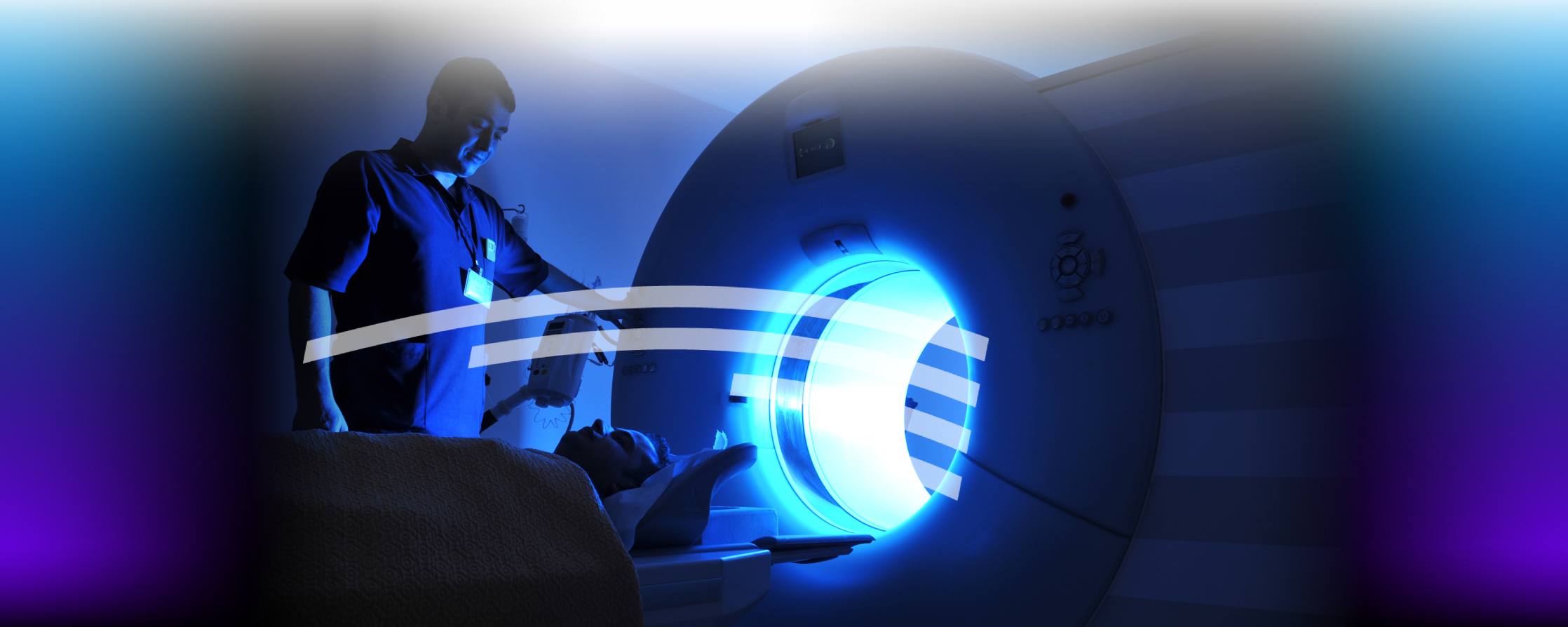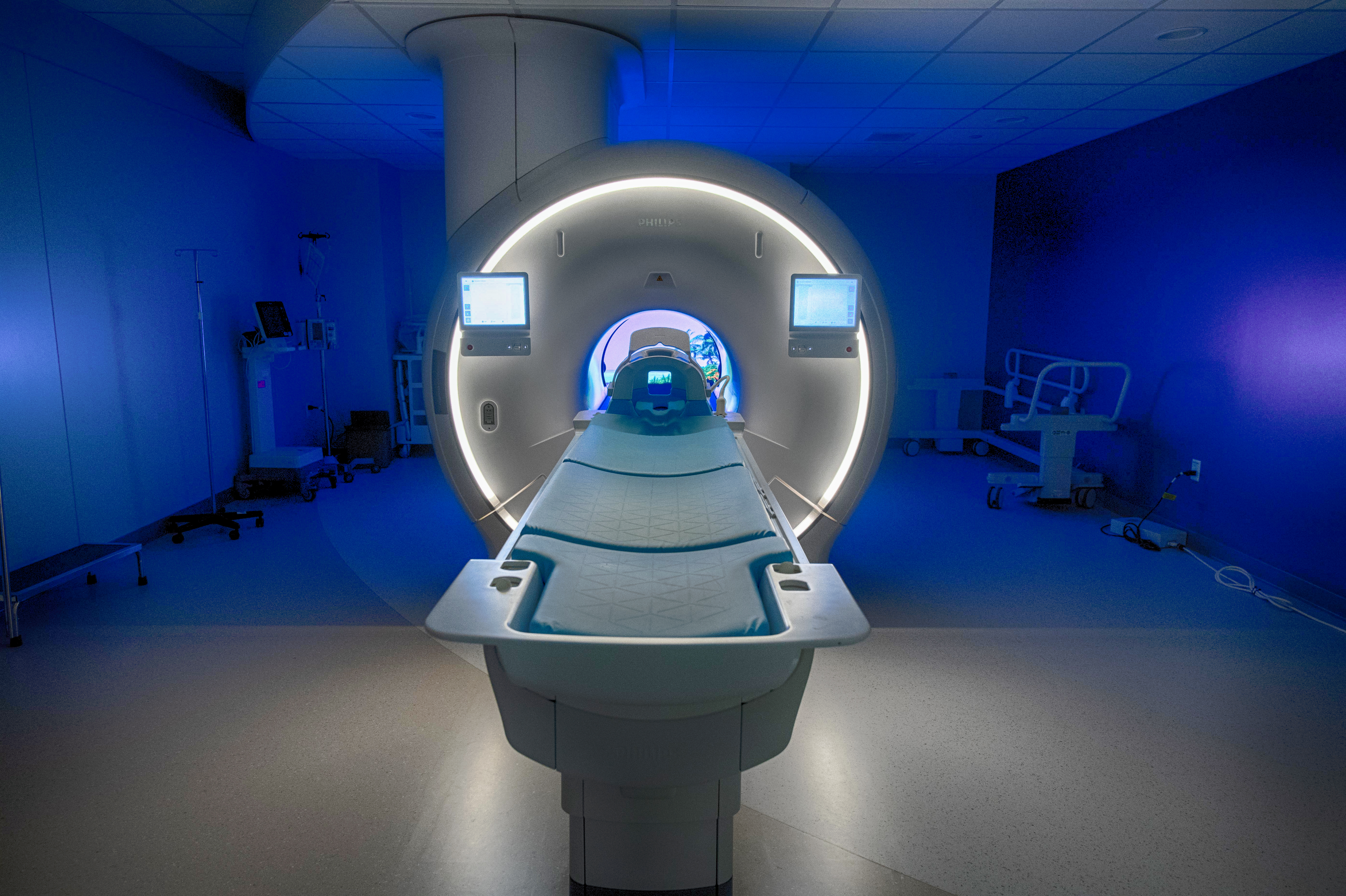Diverse participation in clinical trials can advance medical research and improve community health...
Read More
Magnetic resonance imaging (MRI) uses a powerful magnet, radio waves and a computer to provide clear images of body parts not seen as clearly with other imaging tests. Whether you’ve experienced a traumatic injury or are working with your physician to figure out what’s causing concerning symptoms, we’re here to provide all your imaging needs close to home in South Jersey at all our imaging facilities, including our AMI at Inspira outpatient locations.
An MRI is a painless, non-invasive test that uses a powerful magnet, radio waves and a computer to allow technologists to see 2D or 3D images of your organs, tissues and skeletal system. MRIs are most commonly used to see the brain and spinal cord, but can also be used for the heart and blood vessels, bones and joints, breasts and a number of internal organs.
Our wide-bore MRI scanners are used to detect a variety of conditions, including those in the abdomen, brain, upper or lower extremities and spine.
MRIs use a large, cylindrical machine to create a magnetic field around the patient and send pulses of radio waves from a scanner. The magnet causes the atoms in your body to align, while the radio waves move them out of position. When radio waves are turned off, the atoms in your body send a signal, which gets picked up by a computer and translated into an image.
An MRI may be used in place of a CT scan when organs, such as the brain, are being studied, as it gives a clearer picture of abnormalities within soft tissue.
A standard MRI can be uncomfortable and anxiety-inducing for some people, because it requires you to lay still inside a cylindrical machine for an extended period of time. Inspira and AMI at Inspira offers patients the benefit of a calming, curated experience with our Ambient MRI Experience.
An Ambient MRI is designed to transform the patient’s environment and enhance their experience during the imaging process using dynamic lighting, projection and sound elements.

Prior to your MRI, a technologist will explain the procedure to you and answer your questions. You’ll be asked a series of questions about past medical procedures that may pose a potential risk for entering the magnetic environment.
When scheduling your MRI appointment, identify if you have any of the following:
The MRI procedure will take about 30 to 45 minutes, depending on the images needed. Please be sure to leave all jewelry at home and remove piercings or other metal items from your body prior to the scan. It’s also important to avoid using deodorant, lotion or other products that may contain metal before the MRI. Depending on the images needed, you may also need a contrast dye injected into your body.
The noises produced by the MRI machine are vibrations caused by the interaction between the powerful magnets. Your technologist can provide you with headphones to help drown out the noise.
For most people, yes. It’s important to let your technologist know about any metal devices that may be in your body because the magnet is powerful and may affect your devices.
Our state-of-the-art imaging technology and specialty trained, board certified radiologists can be found at all nine locations throughout South Jersey.

Diverse participation in clinical trials can advance medical research and improve community health...
Read More
Atlantic Medical Imaging (AMI), Inspira Health and Regional Diagnostic Imaging (RDI) are proud to...
Read More
If you have had lymph node surgery, especially as a treatment for breast cancer, you may be at risk...
Read More